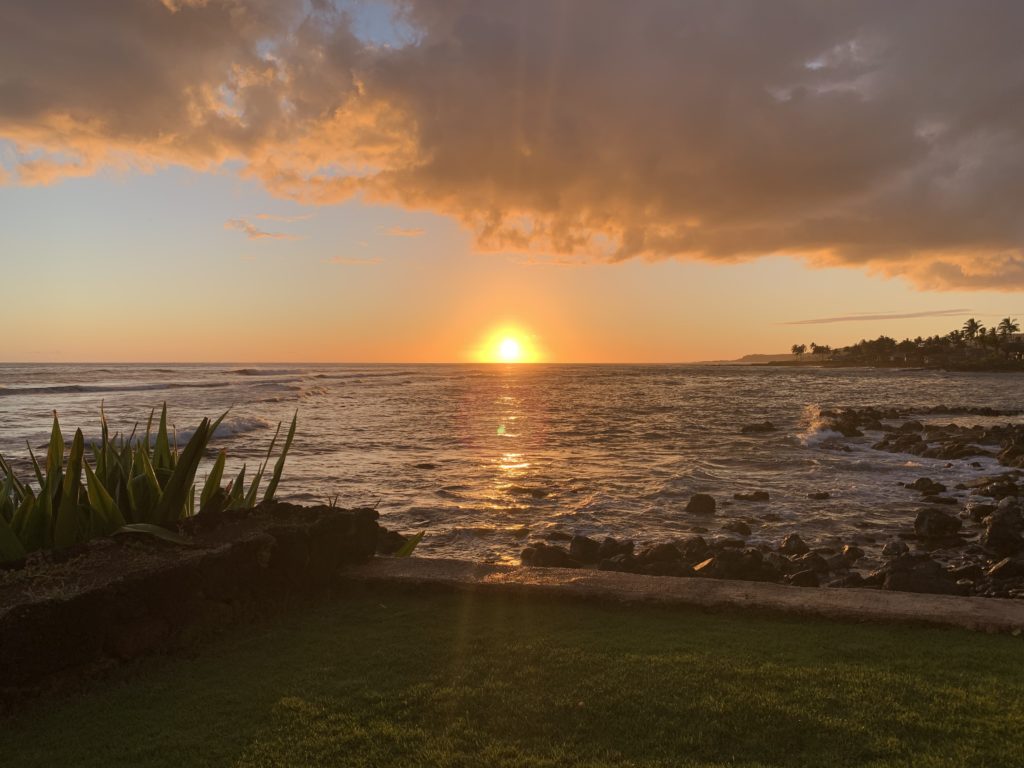This post is part of our Moving Beyond the Crisis series.

In the middle of the night my cousin Michele posted on Facebook how she was having another sleepless night. Out of the darkness came a soft and kind reply from our friend, Donna, who we both grew up with. She sympathized and then offered a meditation app that was helping her sleep. Observing this quick exchange made me feel better. It reaffirmed my belief in our intrinsic nature— that there is no need to wait for the world to get better. We can make it happen right now in this moment.
Earlier this week on the TED Interview podcast, Rabbi Jonathan Sacks said: “Optimism is the belief that things will get better. Hope is the belief that if we work together hard enough, we can make things better. It needs no courage to be an optimist, but it needs a great deal of courage to have hope.”
This distinction is profound. Reading the news feeds everyday in the age of COVID-19, I go in search of optimistic statements or perspectives about our current situation. Finding none, my feelings of hopelessness are overwhelming. The search for something that might save us, turn this thing around, and “flatten the curve” is an addiction. Yet, there are plenty of opportunities to work together and make things better.
In small ways, it is all of the outreach, connection, and empathy that is occurring among family members, friends, and the stranger I pass (six-feet apart) while on my daily walk. In big ways, it is the banding together of communities and the organizing of efforts. Online artistry (and cooking) being shared, learning sessions among colleagues, and whole towns organizing to ensure that those less fortunate, those who are vulnerable, are cared for. We overcome six feet of distance with every little kindness that we initiate, with what we are sharing and learning, and by somehow (together) embracing this difficult moment of change before us.
Hope is out front. It’s gently knocking. I can bury my head in the news feed or I can turn it off, get up, and answer the door.

